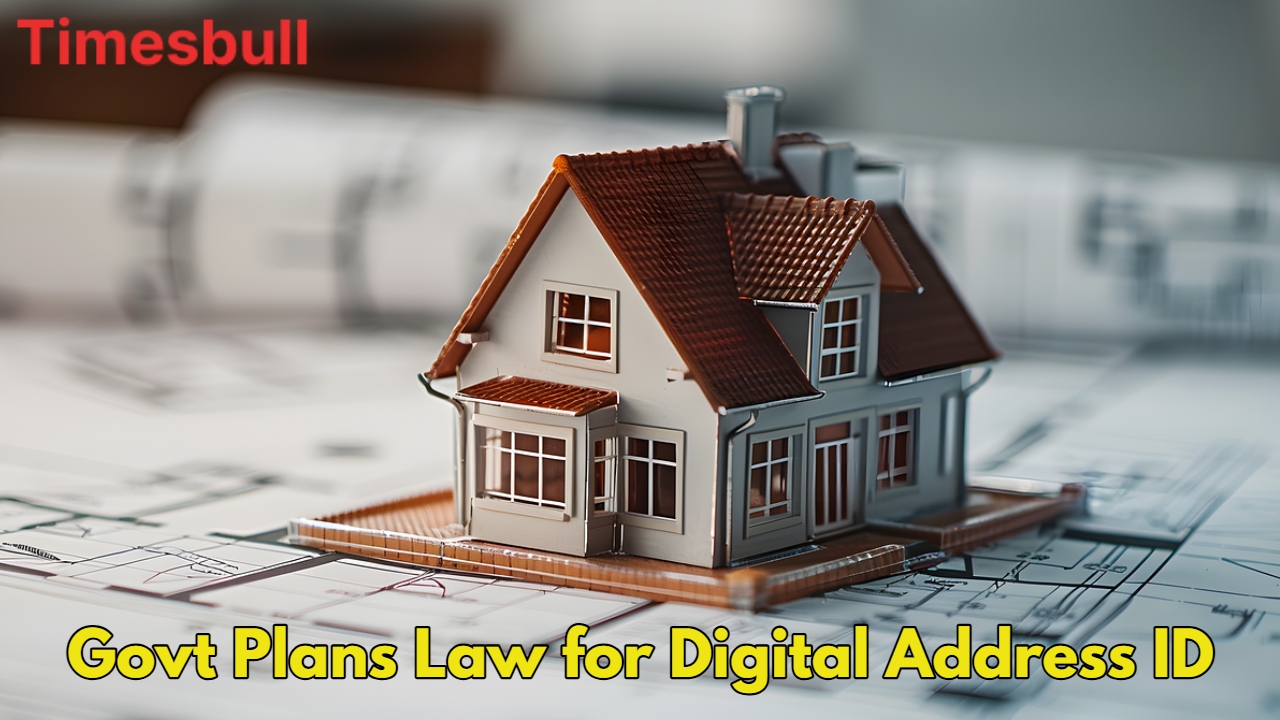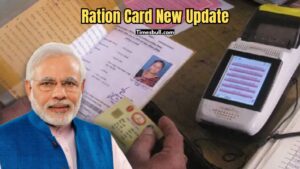Digital Address ID: The Indian government introduced ‘Aadhaar’ for the unique identity of a person, then introduced UPI for digital payments. Now the government is considering taking another step: every person should get a digital address ID. This will enable finding someone’s house or location with better accuracy and quickly, especially in the case of government services, the government has started finding this necessary.
For this, the government now wants to bring people’s addresses inside India’s digital public infrastructure matrix. So far, there is no such system through which anyone in the country can be tracked like this. This move will not only streamline the delivery services but also increase the efficiency of the country and the convenience of citizens to unprecedented levels.
The government may bring a new bill

This system is being prepared by the Department of Posts and will be under the direct supervision of the Prime Minister’s Office. A draft version will soon be shared for suggestions from the common people, and the final version is expected by the end of this year. Also, a law can also be passed in this regard during the winter session of Parliament, so that a new authority can be established to oversee the digital address system. This law will play a crucial role in ensuring data security and user privacy.
Digital address ID will be safe
Many such cases have come to light where companies share people’s address data without their consent! But to put a stop to this, the government wants to take steps to ensure that a person’s address information is not shared with anyone without his consent. The importance of correct address increases the most when one is shopping online or taking courier service and food delivery.

But, the problem with these things is that many people are not able to write clearly and legibly. Many times, while writing the address, they write a nearby landmark and leave it out. In such a situation, there is a lot of delay in reaching that place. According to a study, due to such address confusion, the country has to spend about 10 to 14 billion every year, which is about 0.5 percent of the country’s GDP.
According to reports, a blueprint of digital address is being prepared. There will be a standard for sharing and writing the address. With this, any digital platform will get its address. But, for this, the permission of that person will be required and it will be completely safe. This system will also prove to be financially beneficial for the country, as it will increase efficiency and reduce unnecessary costs.









